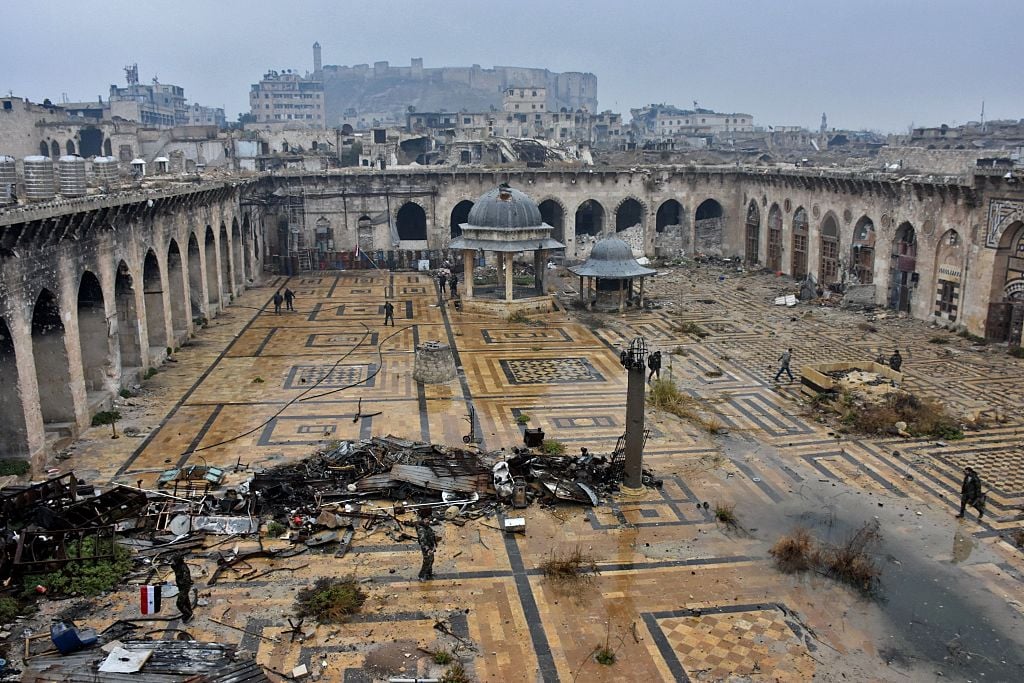
A radical Islamic cleric who allegedly ordered the destruction of historic mausoleums and a mosque in Timbuktu, Mali has appeared before the International Criminal Court in The Hague in a landmark case, the first of its kind.
Ahmad al-Faqi al-Mahdi is suspected of committing war crimes in connection to the destruction of the ancient sites in 2012, after Islamists attacked and occupied the ancient city until they were driven away by French military intervention in 2013.
The trial sets an important precedent. It is the first time a criminal case has been brought before the ICC over the destruction of buildings and historic monuments. The court has traditionally focused on atrocities committed against individuals.
al-Faqi was allegedly a leader in the islamic militia that occupied Timbuktu in 2012.
Photo: BBC
According to the BBC, the prosecutor alleged that Faqi was a “zealous member” of Ansar Dine, an extremist militia with links to al-Qaeda. Faqi reportedly served as the head of the Hesbah, which enforced draconian Islamic laws during the group’s occupation of Timbuktu.
He is also alleged to have been an integral figure of the Islamic Court of Timbuktu, involved with and executing the court’s extrajudicial rulings.
During the turmoil in Mali between 2012 and 2013, Ansar Dine was involved with the vandalism and destruction of mosques and mausoleums.
The UNESCO World Heritage Site suffered severe damage at the hands of the fundamentalists who believe that the shrines dedicated to the city’s founding fathers—honored as saints by the inhabitants—were blasphemous.
The militants destroyed several mausoleums during the occupation.
Photo: AP via BBC
The militants also committed mass libricide, destroying and burning several thousand ancient texts and manuscripts in a city that was once considered the academic capital of the Islamic world between the 13th and 17th centuries.
Art Crime reported that Faqi is not required to enter a plea at this early point of the proceedings. Aside from confirming his birthplace and identity, the suspect, dressed in a dark suit and tie, remained silent for much of the proceedings, and did not comment on the charges leveled against him.